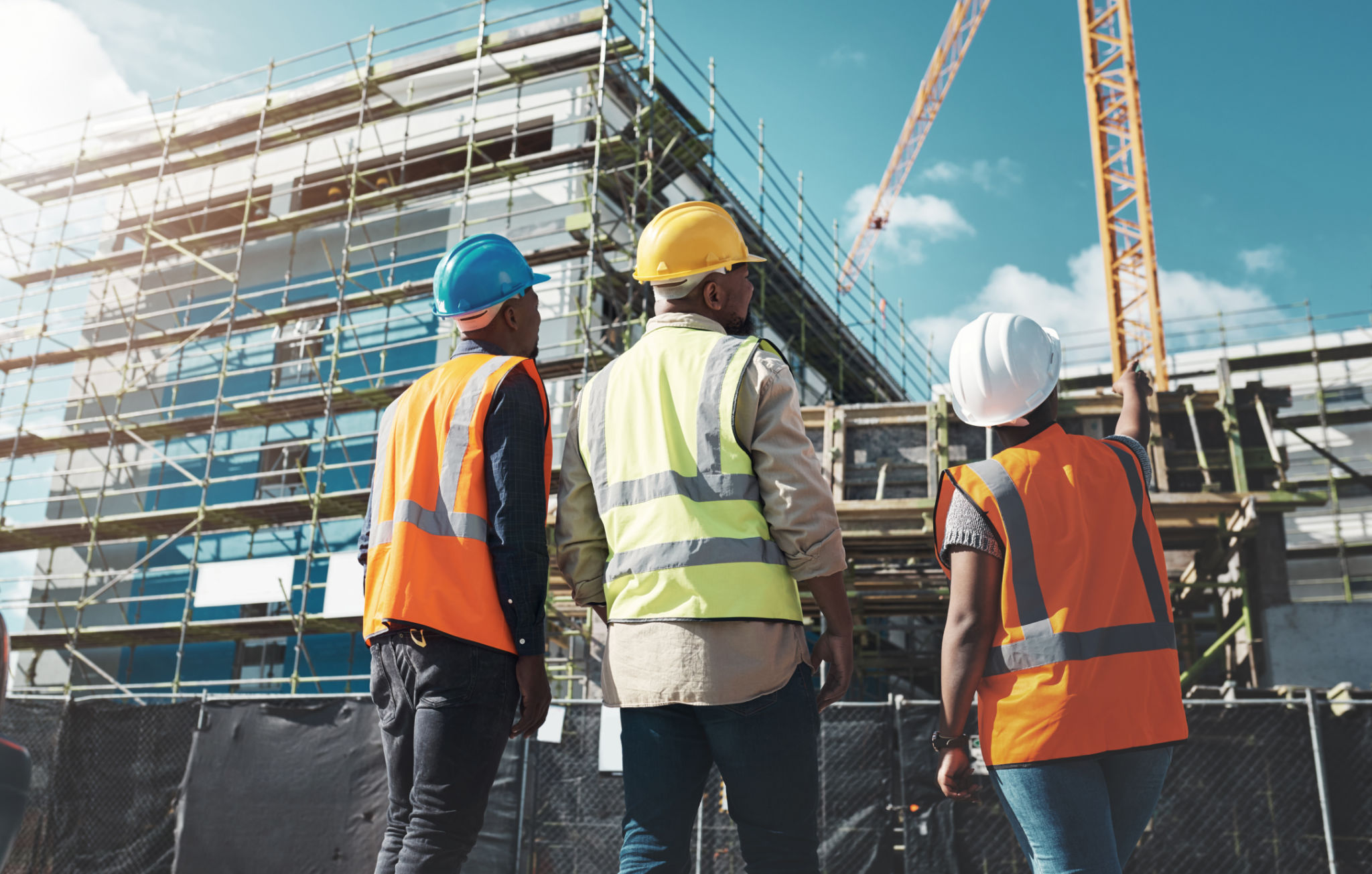Avoiding Common Pitfalls in Residential Construction Projects
Understanding Project Scope and Requirements
One of the most common pitfalls in residential construction is a lack of clear understanding of the project scope and requirements. Before starting any project, it is crucial to define every aspect of the build, from materials and design to timelines and budget. This requires comprehensive planning and communication with all stakeholders to ensure everyone is on the same page.
Miscommunication or vague expectations can lead to costly delays and redesigns. To avoid this, engage with professionals early in the process and ensure all contracts and agreements are crystal clear. This not only streamlines the workflow but also mitigates risks associated with the project.

Budget Management
Another frequent issue in residential construction is budget overrun. It’s easy to underestimate costs or encounter unexpected expenses during a project. To prevent this, establish a detailed budget that includes a contingency fund for unforeseen circumstances. Regularly reviewing financial statements and maintaining transparency with contractors can help keep finances in check.
Additionally, selecting the right materials and suppliers plays a significant role in sticking to your budget. While it might be tempting to opt for cheaper materials, consider the long-term implications on durability and maintenance costs.

Choosing the Right Contractor
The success of your residential construction project largely hinges on choosing the right contractor. An experienced and reputable contractor will not only execute the project efficiently but also provide valuable insights that can enhance the outcome. Conduct thorough research, compare different contractors, and check references before making a decision.
Look for contractors who offer a detailed contract outlining all aspects of the project, from timelines to material specifications. A well-drafted contract can prevent misunderstandings and ensure accountability throughout the construction process.

Ensuring Compliance with Local Regulations
Overlooking local building codes and regulations is a pitfall that can lead to severe legal repercussions. Before commencing any construction work, make sure to obtain all necessary permits and approvals from local authorities. This ensures that your project complies with zoning laws, safety standards, and other regulatory requirements.
Staying informed about any changes in regulations is also crucial. Regular communication with your contractor can help ensure that all aspects of the construction adhere to current laws, avoiding potential fines or project halts.
Managing Time Effectively
Time management is a critical component of any construction project. Delays not only increase costs but can also lead to frustration and dissatisfaction for all involved parties. To avoid this pitfall, develop a realistic timeline that accounts for potential delays such as weather conditions or supply chain disruptions.
Regular progress meetings with your contractor can help track milestones and identify any bottlenecks early on. This proactive approach enables swift resolution of issues, keeping the project on schedule.

Quality Assurance
Compromising on quality to save time or money can have long-term negative effects on a residential construction project. Implementing a robust quality assurance process ensures that construction standards are consistently met throughout the project lifecycle. Regular site inspections and third-party audits can help maintain high-quality workmanship.
Investing in quality materials and experienced tradespeople may have a higher upfront cost, but it results in fewer repairs and maintenance issues down the line, ultimately saving money and enhancing property value.
Effective Communication Among Stakeholders
Lastly, fostering effective communication among all stakeholders is key to avoiding misunderstandings and ensuring a smooth construction process. Establishing clear lines of communication from the outset helps address concerns promptly and facilitates collaboration between architects, contractors, and clients.
Utilizing digital tools such as project management software can enhance communication by providing real-time updates and enabling easy access to documentation. This transparency keeps everyone informed and aligned with project goals, reducing the likelihood of disputes.
